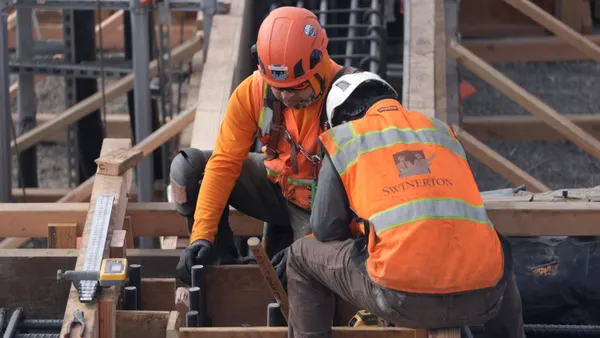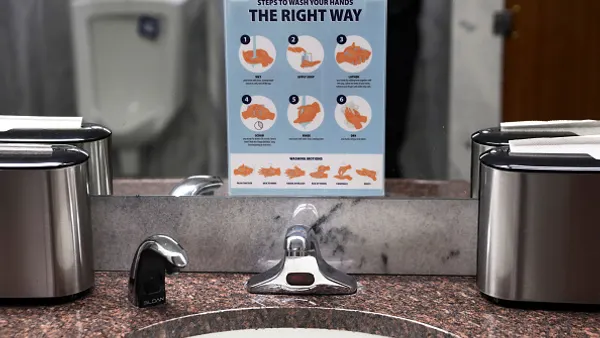Dive Brief:
- A former employee of an Oregon health system failed to show she was unlawfully denied religious exemption from a COVID-19 vaccine mandate because her objection to the employer’s proposed accommodation was “personal and secular” rather than a bona fide religious belief, the 9th U.S. Circuit Court of Appeals held Sept. 23.
- As a religious accommodation in Detwiler v. Mid-Columbia Medical Center, the plaintiff sought and was approved to wear personal protective equipment and submit to weekly antigen testing in lieu of vaccination. She further objected to the testing requirement, however, because she alleged that one of the ingredients used to sterilize the tests’ swabs was carcinogenic. Therefore, the testing would violate that plaintiff’s “Christian duty to protect [her] body as the temple of the Holy Spirit,” she claimed.
- The plaintiff next sought accommodation in the form of saliva testing for COVID-19 or full-time remote work. The employer denied the request and eventually fired the plaintiff. She alleged violations of Title VII of the 1964 Civil Rights Act and state law. The district court dismissed the case for failure to state a claim and a 2-1 majority of the 9th Circuit’s three-judge panel affirmed.
Dive Insight:
In its analysis, the majority honed in on the plaintiff’s rationale for refusing the antigen test, noting that she told the court that her objection was based on her personal interpretation of medical research.
Though the plaintiff labeled this as a “personal judgment based on science as a direct product of her general religious tenet,” the court said the plaintiff’s concerns were “far too attenuated from the broad principle to treat the two as part of a single belief.”
Ninth Circuit precedent holds that Title VII’s protections do not extend to secular preferences, the court added. Because concern about the antigen test had no relationship with the plaintiff’s religious belief, she did not successfully plead a prima facie case of failure to accommodate her religion.
The court also cited U.S. Equal Employment Opportunity Commission guidance on COVID-19 vaccination requirements which states that employers need not provide an exemption to employees whose objections are not religious in nature or not sincerely held.
“Invocations of broad, religious tenets cannot, on their own, convert a secular preference into a religious conviction,” the 9th Circuit said. “To hold otherwise would destroy the pleading standard for religious discrimination claims, allowing complainants to invoke magic words and survive a dismissal without stating a prima facie case.”
The majority noticed that several other circuits, including the 6th, 7th and 8th Circuits, have adopted more lenient standards. In one such decision, a divided panel of the 7th Circuit held that the fact that a religious accommodation request invokes or turns upon secular considerations does not negate its religious nature.
But the 9th Circuit declined to adopt a similar analysis, holding that permitting the plaintiff’s claim to proceed “would open the door to unlimited religious discrimination claims.”
Judge Lawrence VanDyke dissented, writing that the majority utilized a “flawed” and “unworkable” analysis of religious discrimination claims.
COVID-19 vaccine requirements have fueled many religious discrimination claims since the pandemic, and EEOC has brought several such lawsuits on behalf of plaintiffs. These include a recent lawsuit against Minnesota’s Mayo Clinic as well as a 2024 case against an Oklahoma manufacturer. Both cases remain in litigation, according to court records.
















